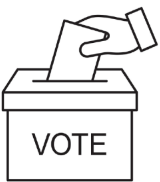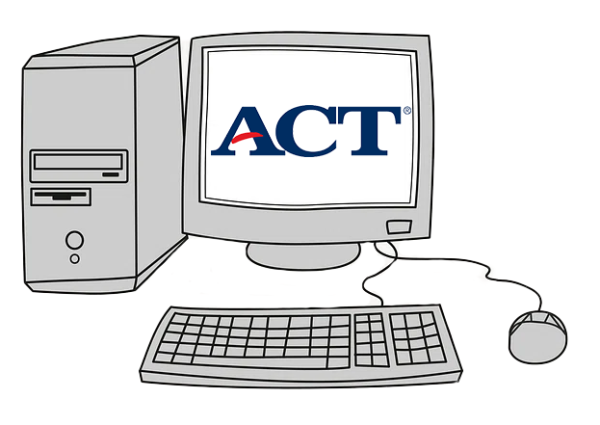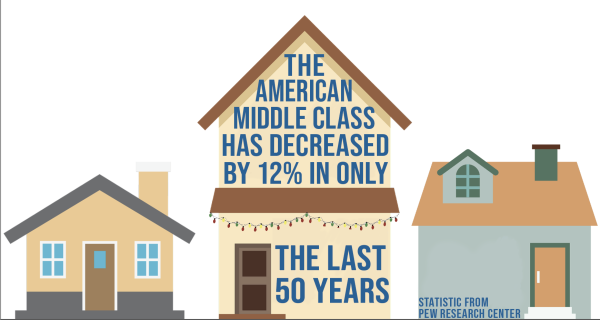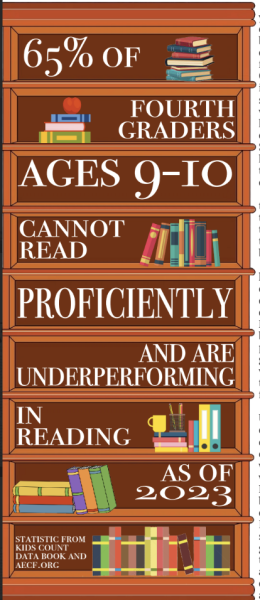Suffrage for sixteen
The case for lowering the voting age to sixteen

March 1, 2023
This question, when asked outright, sounds problematic, absurd, and relatively nonsensical. When asked directly, there are only ideas that one may hold to influence their response. So, should 16-year-olds be allowed to vote? Asked, most will say no; most will say we are not developed enough nor competent enough to vote in elections. Nevertheless, there are more reasons for our allowance into the democratic process than reasons to bar us from voting.
As the well-known American motto goes, no taxation without representation, and surprisingly this still holds relevance today for sixteen-year-olds. FICA taxes (social security and medicare) are taken from a teen worker’s paycheck and then a state and federal income tax. When sixteen-year-olds enter the workforce for the first time, they also become taxpayers. There can be little left for these teens, only in entry-level jobs. Most teens who have just started work will be starting in minimum-wage positions. With the IRS taking such a portion of these young workers’ wages, they would be granted these civil liberties. This tax revenue will go towards the general welfare of our country, but still, the right to make decisions within a democracy belongs to those who pay the bill; tax-paying citizens, including these teens. Without the ballot, sixteen-year-olds are just suffering from the extortion of a system that doesn’t allow their voice to be heard; it is simply the antithesis of our great republic.
Along with no taxation without representation, a key reason for giving us suffrage is that most of the population is more than competent to vote and make educated decisions. When you turn sixteen, you are on the path to adulthood and finally allowed to drive. So, with these teens being given the ability to drive, a serious and even dangerous responsibility, how can we say that they are not also competent enough to fill out a ballot? The power of life and death is within the hands of a driver, they control the force of a dangerous machine, and still, we think that filling out a piece of paper is too much. Sixteen-year-olds are more than competent enough, so what is the great division that allows eighteen-year-olds to vote? Within two years is there so much experience that makes them greatly differ?
Within the U.S. justice system, sixteen-year-olds can be tried and sentenced as adults in court, depending on the circumstances (state and the crime committed). So, if we have the competency to be tried and convicted as adults, what is the difference between the age of sixteen and eighteen? Since you can have your adulthood recognized within the court system for your crimes, it would make sense to continue this metric into our elections and acknowledge us as adults.
Other than the competency of sixteen-year-olds being evident, there is also an auspicious opportunity that could help our elections. This age group, the majority of which will still be in high school when they are allowed to vote, could allow for voter education programs that better support and educate our electors. As the said students would be in high school, they can vote in at least one presidential election; this could allow for programs in schools to educate these would-be voters on how to vote, where, and who the candidates are. Doing this could be an excellent chance to create a new generation of educated voters well-versed in the subjects and the individual candidates.
If we grant this responsibility to sixteen-year-olds, one could ask where it will end. The opposition may have a slippery slope theory where after sixteen, it will be fifteen and then fourteen, and so on. I understand this as a hesitation to lower the age due to this concern, but still, it is a misconception. As I stated, a level of competence needed is reached at sixteen, primarily due to the experience and skill obtained while in their first jobs. These teens are interacting and experiencing our society as workers for the first time and at a new level. Also, they are being taxed for the first time as workers, and of course, any form of taxation must coincide with the representation of the government that collects.










